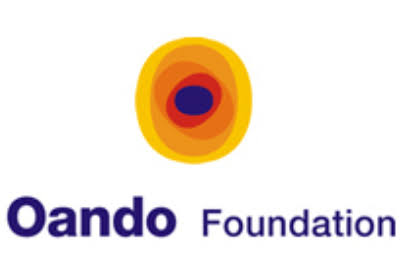Oando Foundation and the Nigerian Conservation Foundation (NCF) on Tuesday trained some teachers in the Orile Iganmu area of Lagos on recycling and environmental sustainability.
The workshop is part of the ‘Clean Our World’ project, an initiative of the Oando Foundation, funded by Sumitomo Chemicals, Japan with the NCF as the implementing partner.
Speaking at the training, Mrs Abidemi Balogun, Head, Environmental Education and Sustainability, NCF, said that there was the need to cultivate attitudinal change to waste.
Balogun stated that waste could be reduced, reused and recycled.
According to her, nylons take several years to decompose as such reusing it to make beautiful things like bags, jewelry container and others would contribute to environmental sustainability.
“By the time we are through with the training of these set of teachers, they, in turn will go and teach others,” Balogun said.
She noted that the NCF, as an environmental non-governmental organisation (NGO), leveraged the expertise of Plastic Evolution Initiative, another NGO, in facilitating the training.
Also speaking at the event was the Executive Director, Plastic Evolution Initiative, Mr Austeen Adekoga who stated that the aim of the training was to teach the teachers how to reduce, reuse and recycle plastic bags, commonly called nylon bags.
Adekoga said that through nylon crafts, fancy bags, window blinds could be made which when sold would translate to money.
Mrs Caroline Iwuajoku, Assistant Head Teacher, Metropolitan Nursery Primary School, Orile Iganmu, noted that the gathering of plastic bags for nylon crafts had contributed to making the school environment clean.
Iwuajoku thanked the Oando Foundation and the NCF for the initiative and promised to pass the training to their students and children at home.
Mr Adekola Fashina, the Chairman, School Based Management Committee (SBMC), expressed gratitude to the Oando Foundation and the NCF for taking the teachers through the commencement of the second phase of the project.
Fashina said that the first phase of the project was very successful as most of the teachers exhibited ‘Ottoman’ furniture made from plastic bottles.
He expressed optimism that the plastic bag craft had the potential of converting waste to wealth for the trainees.
